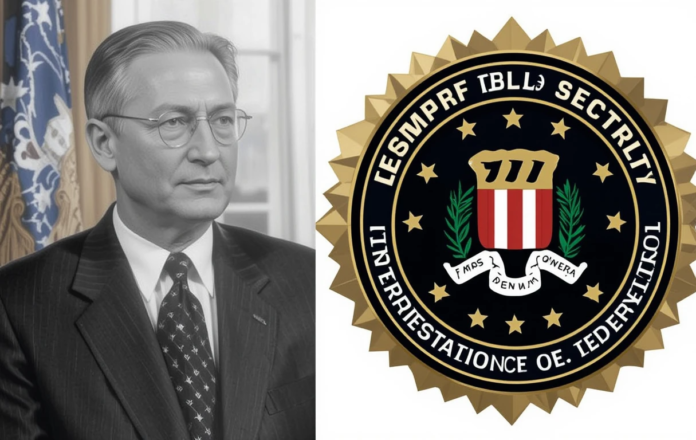The Director of the Federal Bureau of Investigation (FBI) is one of the most critical figures in U.S. law enforcement and national security. Appointed by the President and confirmed by the Senate, the FBI Director serves a 10-year term and oversees the agency responsible for investigating federal crimes, counterterrorism, cybercrime, and espionage. The position carries immense power, balancing political pressures, law enforcement duties, and constitutional protections and buzzfeedz.
Historical Background
The FBI was established in 1908, but the role of its Director became more defined under J. Edgar Hoover, who served for nearly 48 years. His tenure shaped the modern FBI, implementing fingerprint databases, criminal profiling, and extensive domestic surveillance programs. Since then, the Director’s role has evolved, especially in the wake of 9/11, where counterterrorism has become a top priority.
Key Responsibilities
- Law Enforcement Leadership: The Director ensures the FBI investigates crimes such as organized crime, public corruption, human trafficking, and cybercrimes.
- Counterterrorism & National Security: One of the top duties is preventing domestic and international terrorism threats.
- Cybersecurity Oversight: The Director plays a crucial role in defending the U.S. from cyber threats, including hacking and digital espionage.
- Policy Implementation: The Director helps shape policies regarding surveillance, law enforcement practices, and coordination with other intelligence agencies.
- Congressional Oversight & Accountability: The Director frequently testifies before Congress, explaining FBI operations, budget needs, and policy concerns.
Challenges Faced by the FBI Director
- Political Pressure: As an independent agency, the FBI must balance enforcement with political neutrality. Directors often face scrutiny from political leaders.
- Civil Liberties vs. National Security: The use of surveillance and data collection sparks ongoing debates about privacy rights.
- Managing High-Profile Cases: The FBI often investigates politically sensitive cases involving public figures or major corporations.
- Emerging Threats: Advances in technology create new challenges, such as artificial intelligence-driven cybercrimes and misinformation campaigns.
Notable FBI Directors
- J. Edgar Hoover (1924-1972): The most well-known Director, controversial for his extensive domestic surveillance.
- Robert Mueller (2001-2013): Led the FBI’s transition into counterterrorism after 9/11.
- James Comey (2013-2017): Known for his role in the investigation into Hillary Clinton’s emails and the Russia probe.
- Christopher Wray (2017-Present): Focuses on cyber threats, counterterrorism, and election security.
Conclusion
The FBI Director plays a pivotal role in U.S. law enforcement, intelligence, and national security. As threats evolve, the Director must adapt to new challenges while maintaining public trust and upholding the Constitution. This position will continue to shape American security policies for years to come.

